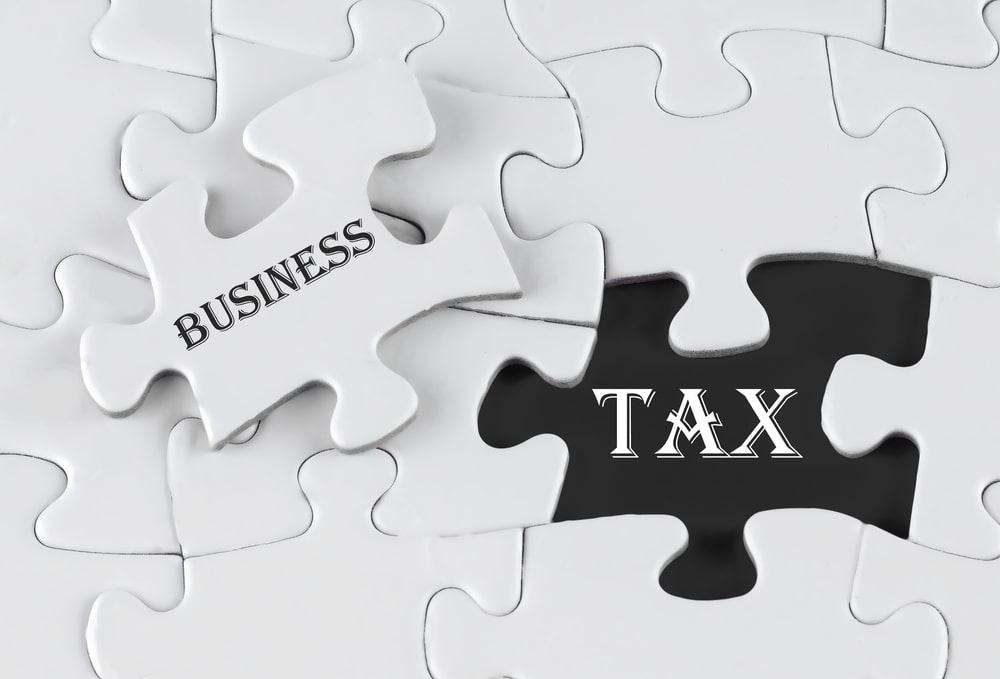
Here’s a Beginner’s Guide to Small Business Taxes
As of 2019, the small business tax rate is a flat 21%, maintained through 2020 for C-corporations. Depending on your business’ type of entity, you’ll pay different amounts of tax, with sole proprietorships owned by a single person paying 13.3%, partnerships paying 23.6% tax, and small S-corporations paying 26.9%.
One of the most complicated parts of running a business is ensuring that the correct amount of tax is paid. For smaller companies that don’t have a specialist in-house, it can be a challenge. Without a significant amount of research, most business owners won’t know what tax rate they should be paying, if they are eligible for any tax cuts, and then need to understand payroll and unemployment taxes. On top of this, tax laws, credits, and deductibles can change with policy each year, meaning that you always need to stay on top of the most recent updates. Thus, it can be useful to employ a certified tax collector to help with your taxes each year. If you’re interested in learning more about what it takes to become an accredited tax collector, check out this article https://taxfyle.com/blog/how-to-become-a-certified-tax-preparer.
Types of Taxes for Small Businesses
As mentioned, there are several different types of taxes for various business entities, which makes small business tax complicated in the U.S. Most people think of federal taxes when thinking about what their business is liable for, but you need to be aware of several types of taxes. All you need to know about filing taxes as an independent contractor.

Income tax
Income tax is the most common type of tax, and most people will be familiar with it. All wages, income from investments, and any profits from selling property is taxed under income tax. As well as this, corporations must also pay tax on the net income they make each year. Other business entities not defined as a corporation don’t have to pay this additional tax, though, so you’ll only pay income tax if you’re running a sole proprietorship, partnership, or LLC.
Payroll and employment tax
If your business employs people, you’ll also have to pay payroll tax (also known as employment tax) on any wages. The tax taken from wages contributes to social security, Medicare, and unemployment taxes. Employment tax can be complicated, so many businesses employ someone specifically to take care of them. If you fail to pay payroll taxes properly, you may find yourself with a significant penalty.
With Toronto Tax Accountant, you can leave the job to a professional and concentrate on growing your business. This will make tax season less stressful and help you avoid any potential penalties.

Self-employment tax
If you’re self-employed, you must pay self-employment taxes, which cover Medicare and social security. You’d be required to pay this if you earned at least $400 over the year.
Excise tax
Depending on the industry you work in, you may be liable for additional taxes on your offer or service. Examples of this include liquor or cigarettes, and often, the tax is built into the sale price of the item at purchase.
Property tax
If you own land, commercial property, or a brick and mortar business, you’ll be required to pay tax to your city council depending on where it’s located.




